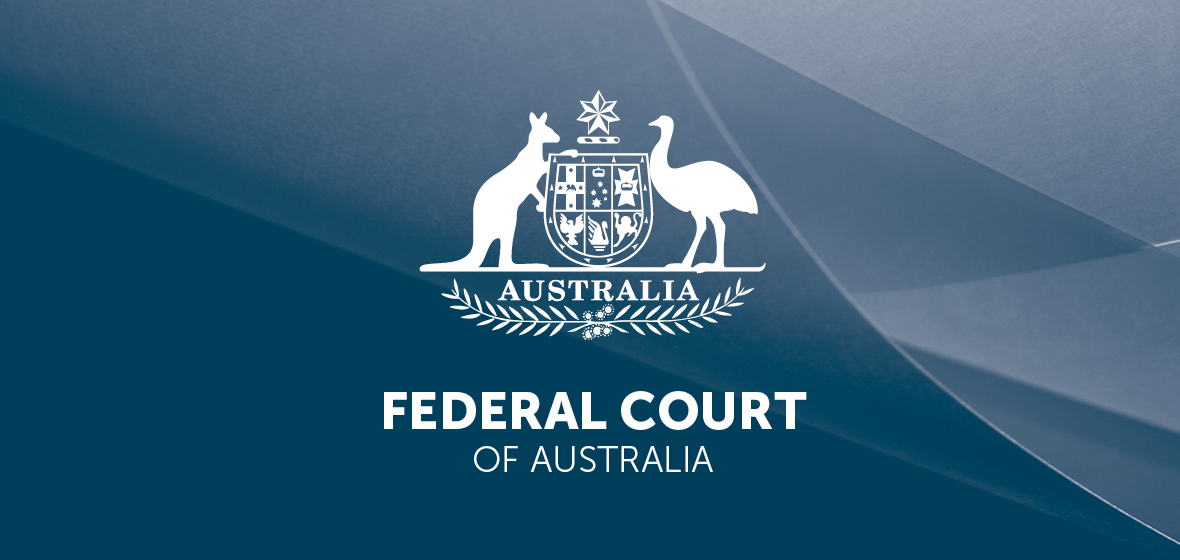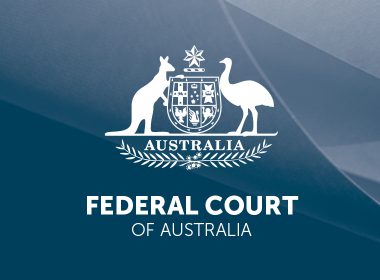Key decisions
- Sino Group International Limited v Toddler Kindy Gymbaroo Pty Ltd [2023] FCAFC 110
- Fisher v Commonwealth [2023] FCAFC 106
CORPORATIONS
Deed of company arrangement – application to terminate pursuant to s 445D(1) Corporations Act 2001 (Cth) – primary judge not satisfied discretion to terminate enlivened
Sino Group International Limited v Toddler Kindy Gymbaroo Pty Ltd [2023] FCAFC 110 (Farrell, Cheeseman and Feutrill JJ)
This case highlights the importance of voluntary administrators fairly disclosing to creditors the relative returns under a deed of company arrangement (‘DOCA’) proposal compared to that under a winding up. The case also emphasises an administrator’s duty to disclose to the court the same matters.
Background
Certain creditors (the ‘Sino Creditors’) applied to have a DOCA set aside pursuant to s 445D of the Corporations Act 2001 (Cth) (‘Act’). The DOCA had been proposed by the directors of the company (‘Gymbaroo’) who were also creditors (‘Related Party Creditors’).
In their report to creditors, the administrators recommended a DOCA that was proposed and funded by the Related Party Creditors. In recommending the DOCA, the administrators provided assessments of the relative returns to creditors in a winding up scenario compared with that under the DOCA. With respect to the DOCA scenario, the administrators stated:
‘It is estimated that under the proposed DOCA, Participating Creditors will receive a dividend of 100 cents in the dollar.’
The estimates were informed by the administrators’ assessment of the value of the damages claim of the Sino Creditors against Gymbaroo at $1, the administrators’ current and estimated costs in each scenario, the company’s cash at bank and the fact that the Related Party Creditors would be excluded from participating in the DOCA but not in the winding up.
The DOCA was approved by a majority of creditors in both value and number.
The day after its execution, the Sino Creditors sought orders terminating the DOCA under s 445D and / or s 445G of the Act, or alternatively under s 75-41 of the Insolvency Practice Schedule (Corporations) 2016 (Cth). The Sino Creditors argued the Report to Creditors was materially misleading with respect to the calculation of the returns to creditors under each scenario because it substantially underestimated the Sino Creditors’ claim, the administrators’ costs under both scenarios and the realisation on the sale of the company’s business.
On the first day of the first instance hearing, and to address the potential issue of Gymbaroo’s insolvency on effectuation of the DOCA, the Related Party Creditors entered into deeds by which their debts would not be repayable for three years and they would not prove or claim repayment of their debts in the event Gymbaroo became insolvent in the intervening period (‘Subordination Deeds’). The Subordination Deeds were not conditional upon the continuation of the DOCA.
The primary judge determined that the discretion to terminate the DOCA was not enlivened under s 445D because the administrators’ report was not materially misleading in circumstances where the assumptions to the administrator’s assessment were disclosed and the DOCA was not otherwise oppressive or prejudicial to creditors. In determining that the return to creditors under a DOCA scenario was better than under liquidation, the primary judge had reference to an aide memoire from the deed administrators, which was based on evidence at the hearing.


